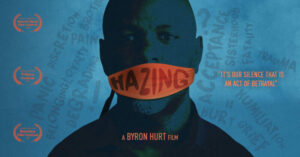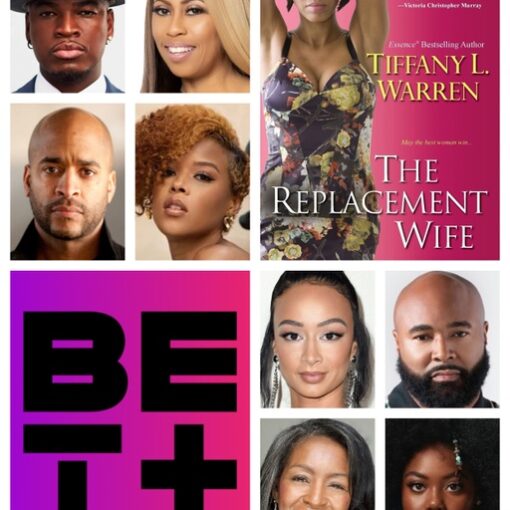There is no easy way to tackle the topic of hazing in American culture, but award-winning filmmaker Byron Hurt wants to shine a light on a widespread and enduring practice that often exists with dangerous and deadly consequences.
Hurt, also a writer, activist, and adjunct professor at Columbia University, is anticipating the Sept. 12 premiere of his new documentary, Hazing, on Independent Lens and PBS. The forthcoming film takes viewers on a journey as Hurt talks to family members of deceased young people and survivors to reveal the range of secret, underground rituals that affect our desire to belong. Though deeply personal, Hurt offers a learning experience in placing hazing culture under the microscope.
“I have long wanted to make a documentary about this subject but never felt courageous enough to address it,” Hurt said in his director’s statement, per his website. “This is a sensitive and controversial topic. However, after I learned about the tragic death of Robert Champion – the Florida A&M University band member who, in November 2012, was tragically killed by his fellow band members because of a traditional hazing ritual — I felt compelled to illuminate this issue in a documentary film.”
A proud member of the Omega Psi Phi Fraternity, Incorporated, Hurt believes he is “uniquely qualified” to approach and document this subject in a film born out of his 30-year experience being connected to the organization. From trauma bonding to exploring the limits of tolerating physical abuse, Hazing will delve deep into “identity, belonging, groupthink, control, power and dominance, bystander intervention, race and gender, and violence,” according to the website.
According to Hurt, the story of George Desdunes , who died in a hazing incident in 2011 as a student at Cornell University, also motivated the film. “And it broke my heart, it really did. I just felt so much for George and his mom, who worked so hard to provide a quality education for her only son, only to see his life end so prematurely,” Hurt shared with Inside Higher Ed .
It is common to think that hazing mainly occurs within the confines of Greek life, and according to Hurt, they have higher rates of hazing incidents. However, different organizations, including sports teams, even utilize different initiation rituals.
“Not all hazing takes on the same look and feel; it’s different for different groups, based on race, gender, class, where you go to school,” Hurt explained to Inside Higher Ed. “I wanted to underscore that in the film. Hazing among Black Greek-letter organizations tends to be far more secretive, far more underground and more physical in nature. With white fraternities, there tends to be a lot more alcohol consumption—forced drinking—which leads to serious accidents and deaths.”
With sensitivity and care, Hurt uproots such a traumatic problem.
“I plan to break new ground with this project. I also expect this film to serve as a teaching tool for those who want to preserve the rite of passage experience but who also want to eliminate some of the more dangerous and harmful aspects of hazing.”
Written by Atiya Jordan | Shared from Black Enterprise @blackenterprise





